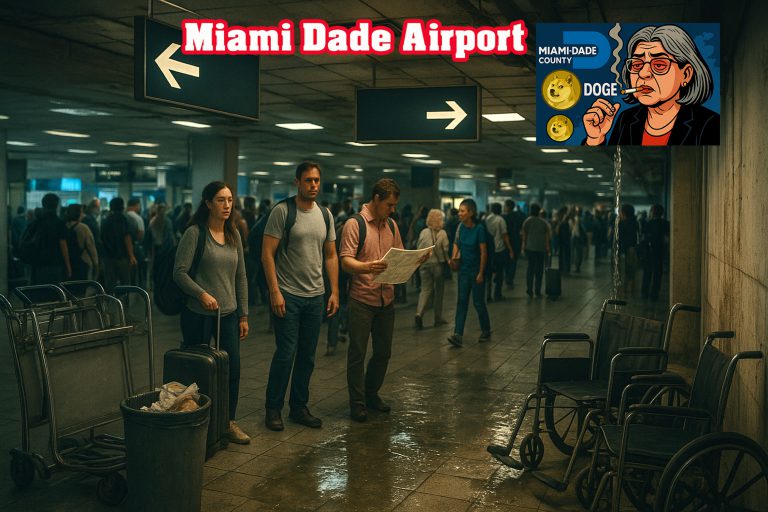
The defense of its citizens is the obligation of every government
By El Master.
Introduction
In a move that has shaken the foundations of European tourism, the United States State Department has raised its travel warning for Italy to Level 2, urging its citizens to exercise “increased caution” due to potential terrorist threats. This decision, which also affects countries such as Germany, France, and Spain, has sparked a debate about the true nature of these warnings and their impact on the European economy. Are we witnessing genuine security concerns about unwanted immigration and its impact on the European tourism market?
Tourism: Pillar of the Italian Economy
Italy, with its rich history, art, and gastronomy, has been one of the most sought-after tourist destinations in the world for decades. In 2019, the country welcomed approximately 94 million international tourists, generating revenues of around €41.6 billion. This sector is not only vital to the national economy but also supports millions of local small and medium-sized businesses.
However, the recent warnings could have a deterrent effect on potential travelers, especially those from the United States. The perception of insecurity, always supported by specific incidents against Americans by undesired immigrants, may be enough to divert the flow of tourism to other destinations considered safer.

Warnings Sufficiently Justified
The State Department has justified its decision by citing potential terrorist threats in key tourist areas such as Rome, Venice, and Florence. However, no specific details regarding imminent threats or recent incidents have been provided to support this measure, although agencies are not required to disclose information that would jeopardize investigations. Furthermore, the warning does not advise against travel to Italy, but rather advises caution.
It is important to note that, while security is a legitimate concern, travel warnings can also be used as geopolitical or economic tools. By influencing the travel decisions of its citizens, one country can, intentionally or unintentionally, affect the economy of another, but in turn, every state has a duty to protect its citizens.
Impact on Small Businesses and the Local Economy
Small and medium-sized Italian businesses, which form the backbone of the tourism sector, could be the most affected by a decline in visitor numbers. Family-run restaurants, boutique hotels, and craft shops depend heavily on international tourism. A drop in tourist arrivals could lead to business closures, job losses, and a negative impact on local communities.
Furthermore, the uncertainty generated by these warnings can discourage investment in the tourism sector, affecting development projects and infrastructure modernization.
The Role of the Media and Public Perception
The media plays a crucial role in shaping public perceptions about the safety of a tourist destination. Alarmist or disproportionate reports can amplify fear and uncertainty, even in the absence of concrete threats. It is essential that the media report responsibly, providing context and avoiding sensationalism, although all news events must be covered, not whitewashed.
While traveler safety is an undisputed priority, it is essential to critically analyze travel warnings and consider their broader implications. In the case of Italy, the lack of specific details about threats raises questions about the necessity and timing of the warning. It is crucial that decisions affecting millions of people and entire economies be based on transparent and verifiable information, something that mass media manipulation fails to do and therefore negatively impacts.
As defenders of individual liberty and the market economy, we must question measures that, under the guise of protection, may have ulterior motives or unintended consequences. But we must never lose sight of the fact that a state must protect its citizens. Vigilance and informed skepticism are essential tools for preserving our freedoms and ensuring fair and equitable decisions in the international arena.





